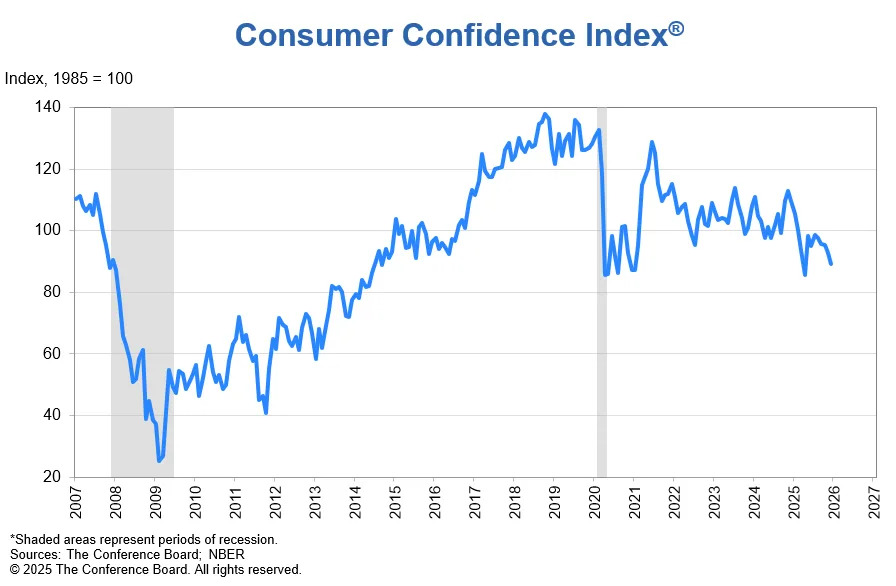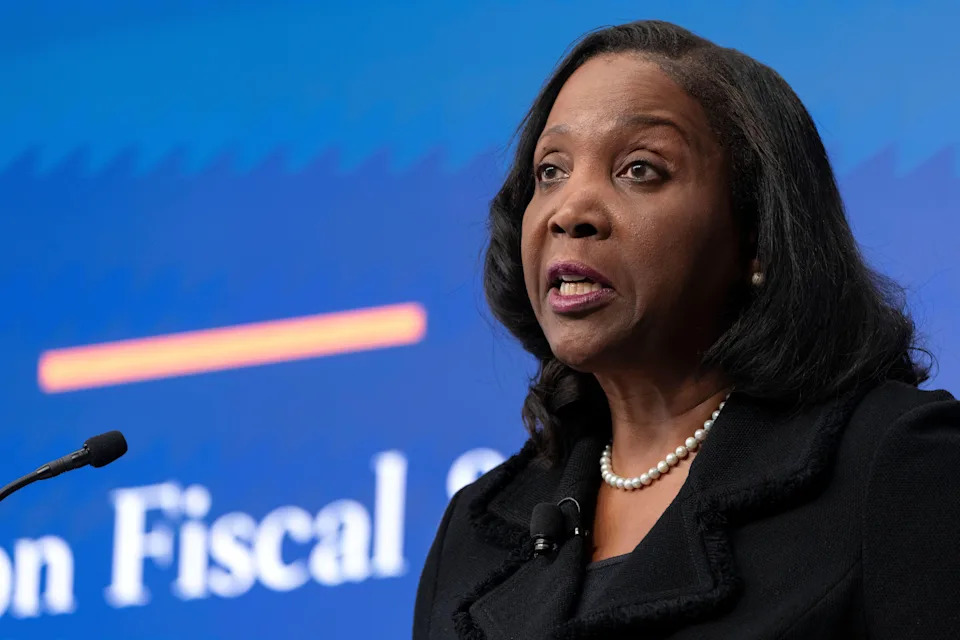
Supreme Court’s Alito calls block of deportations ‘questionable’
Key Points
- The US Supreme Court blocked the Trump administration from deporting Venezuelans to a notorious prison in El Salvador, prompting dissent from Justice Samuel Alito.
- Alito criticized the Supreme Court's decision as "unprecedented and legally questionable," arguing that the process was rushed and lacked proper legal procedure.
- The detainees, held at Bluebonnet Detention Center in Texas, were allegedly not given adequate notice to contest their deportation.
- The Trump administration sought to reverse the Supreme Court's decision, claiming the order was overbroad and premature.
- The case highlights ongoing tensions between Trump's deportation policies and judicial oversight.
Summary
The US Supreme Court's decision to block the deportation of Venezuelans to a notorious prison in El Salvador has sparked controversy, with Justice Samuel Alito issuing a dissent. Alito argued that the Supreme Court's intervention was hasty and lacked proper legal procedure, especially since the detainees' lawyers did not give lower courts sufficient time to act. The detainees, held at Bluebonnet Detention Center in Texas, were allegedly not given adequate notice to contest their removal. The Trump administration responded by asking the Supreme Court to reconsider its decision, asserting that the order was premature and overbroad. This case underscores the ongoing conflict between Trump's aggressive deportation policies and the judiciary's role in ensuring due process. The Supreme Court has yet to resolve whether Trump's use of the Alien Enemies Act for these deportations is legal, leaving the detainees in limbo as they await further judicial action.
yahoo
April 20, 2025
Stocks


